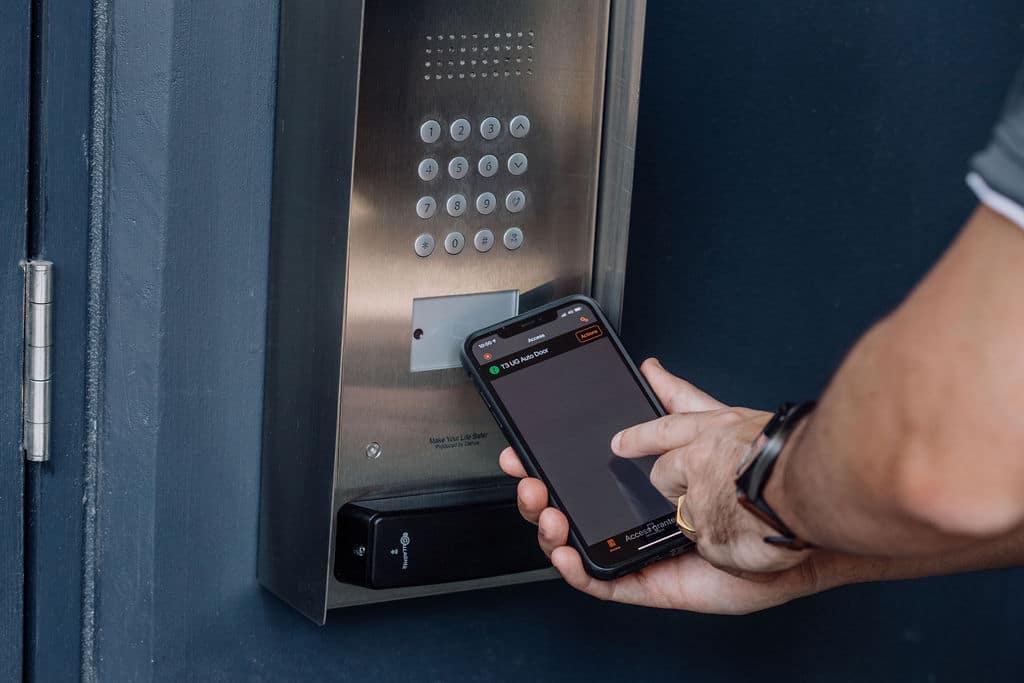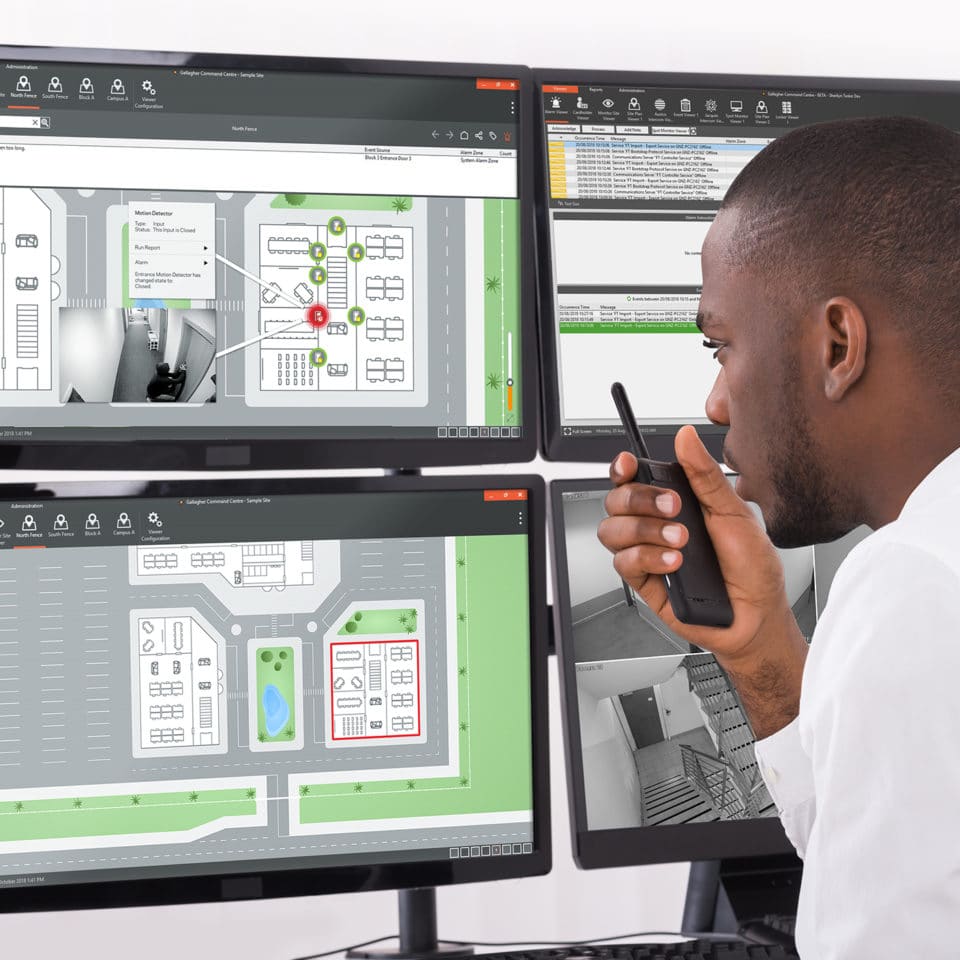In the modern world, security has become a paramount concern, transforming from a luxury to an essential requirement for every business and government department. Safeguarding physical and intellectual property and effectively managing personnel and resources are critical aspects of ensuring any organisation’s smooth functioning and survival. To address these concerns, the adoption of a comprehensive security strategy that includes an access control system has become imperative.
One crucial advantage of access control systems is their ability to provide comprehensive audit trails. Every time an individual attempts to access a resource, whether a physical location or a digital file, the system records the event. This audit trail captures essential details such as the date, time, and identity of the person seeking access. Such detailed logs can be invaluable in investigations, helping identify potential security breaches or unauthorized activities.

Understanding Access Control Systems
Access control systems are sophisticated security solutions that govern and manage access to resources within a computing environment. Whether a small business or a large government entity, these systems play a vital role by granting access only to authorized individuals, ensuring the utmost security for premises and data.
Moreover, access control systems contribute to enhancing employee productivity and accountability. By restricting access to specific areas or data, the system minimizes the risk of information leaks and reduces distractions, fostering a focused work environment. Employees are more likely to be responsible for their actions when they know their activities are being monitored and logged, increasing overall productivity.
Various types of access control systems exist, each offering unique features and advantages to cater to diverse organizational needs and security policies. Discretionary Access Control (DAC) allows the resource owner to determine access, while Mandatory Access Control (MAC) is based on predefined rules set by the system administrator. Role-Based Access Control (RBAC) also assigns access based on an individual’s role within the organization, ensuring employees can only access areas relevant to their responsibilities.
The Importance of Access Control Systems
The absence of access control systems exposes businesses and government departments to a myriad of security risks, ranging from data breaches and theft to unauthorized entry into restricted areas. For large organizations, efficiently managing employees’ access is paramount. Access control systems allow for meticulous monitoring and recording of employee activities, including work hours and movements within the premises, which aids in enhancing overall security.
Different employees might need varying levels of access based on their roles and responsibilities. For instance, an IT team member may require access to server rooms, while a human resources officer might need access to confidential personnel files. Access control systems allow for this differentiation, ensuring employees only have access to areas pertinent to their role.
Choosing the Right Access Control System
Selecting the appropriate access control system requires careful consideration of specific needs and requirements. Determining the operation’s scale, whether a small office or a multi-site enterprise, is a crucial first step in the decision-making process. Understanding the different features offered by various systems, such as integrated video surveillance, alarm systems, and biometric scanners, empowers organizations to make informed choices that align with their security goals.
Moreover, remote access capabilities offered by some access control systems provide added flexibility, enabling administrators to manage the system from anywhere, bolstering the overall security infrastructure. Scalability is another essential factor to contemplate, as a business’s growth necessitates a system that can easily accommodate additional users and expand to new locations seamlessly.
In conclusion, investing in an access control system is a significant stride towards enhancing the security and efficiency of businesses and government departments. By comprehending the specific needs and exploring the options available, organizations can identify an access control system that meets current requirements while remaining adaptable to future growth and organizational changes. Remember, when it comes to the safety of premises, data, and personnel, the value of a reliable access control system is truly priceless.


